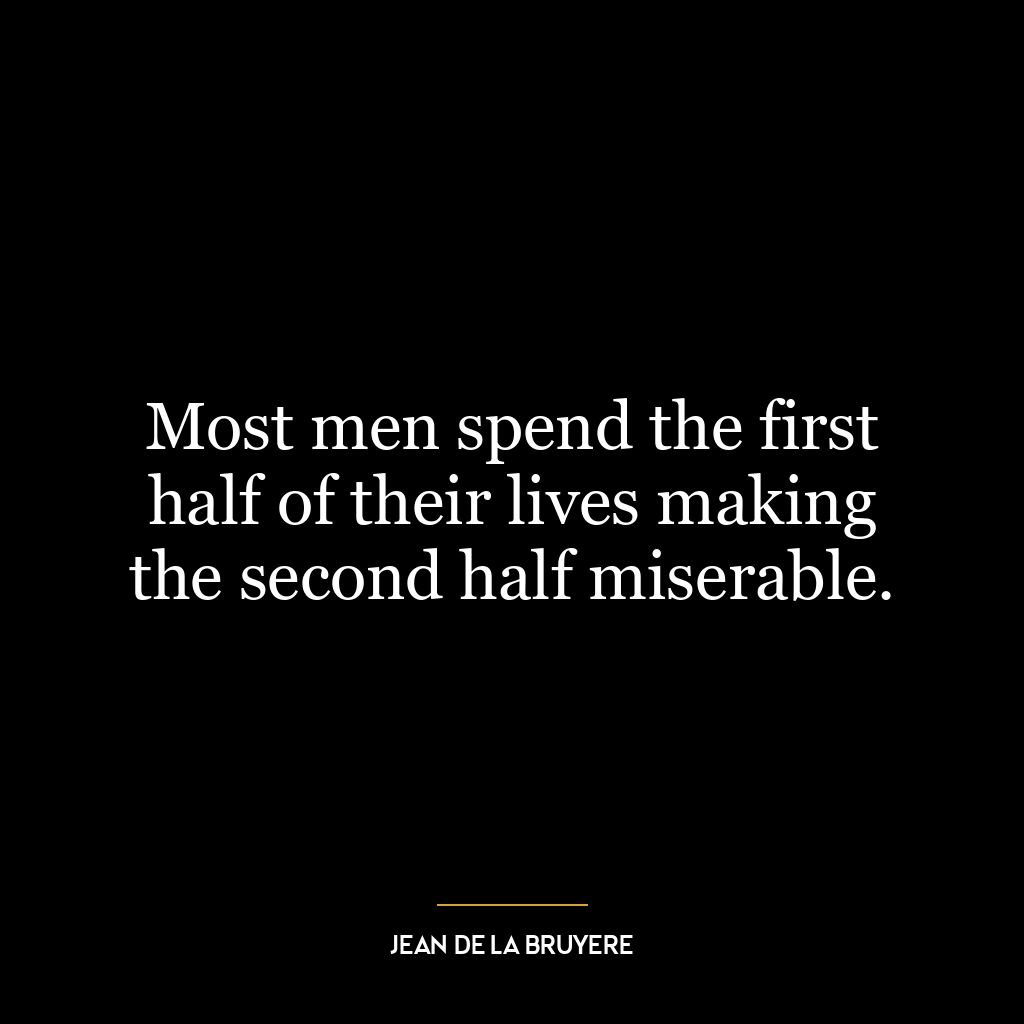The class struggle necessarily leads to the dictatorship of the proletariat” is a quote that encapsulates the core of Marxist theory. It refers to the idea that the inherent conflicts between different social classes, particularly between the bourgeoisie (those who own the means of production, such as factories, land, capital) and the proletariat (those who sell their labor for wages), will inevitably lead to a revolution. This revolution, according to Marx, will result in the proletariat seizing control of the means of production, establishing a dictatorship in which they hold political power.
Marx believed that the bourgeoisie, in their pursuit of profit, exploit the proletariat by paying them less than the value of their labor. This exploitation creates a class struggle, a conflict that Marx argued is an inherent and defining feature of capitalist societies. The proletariat, driven by their worsening conditions and growing class consciousness, would eventually rise up against the bourgeoisie, overthrow them, and seize control of the means of production. This would lead to what Marx called the “dictatorship of the proletariat,” a state in which the working class would rule.
The term “dictatorship of the proletariat” is somewhat misleading, as it does not refer to a dictatorship in the traditional sense, where power is held by one individual or a small group. Instead, Marx envisioned it as a state where the majority (the working class) holds power, as opposed to the minority (the bourgeoisie) in capitalist societies.
In today’s world, this concept could be seen reflected in discussions about wealth and income inequality, workers’ rights, and social justice. For example, movements like Occupy Wall Street and the Fight for $15 are modern instances of class struggle, where individuals band together to challenge the economic disparities perpetuated by capitalism.
In terms of personal development, understanding this concept may encourage individuals to question the structures of power and wealth in their own lives and societies. It could inspire individuals to challenge exploitative practices in their workplaces, advocate for fair wages and better working conditions, or even engage in broader social activism. It could also lead to a deeper understanding of societal dynamics and the role that class plays in shaping people’s experiences and opportunities.















